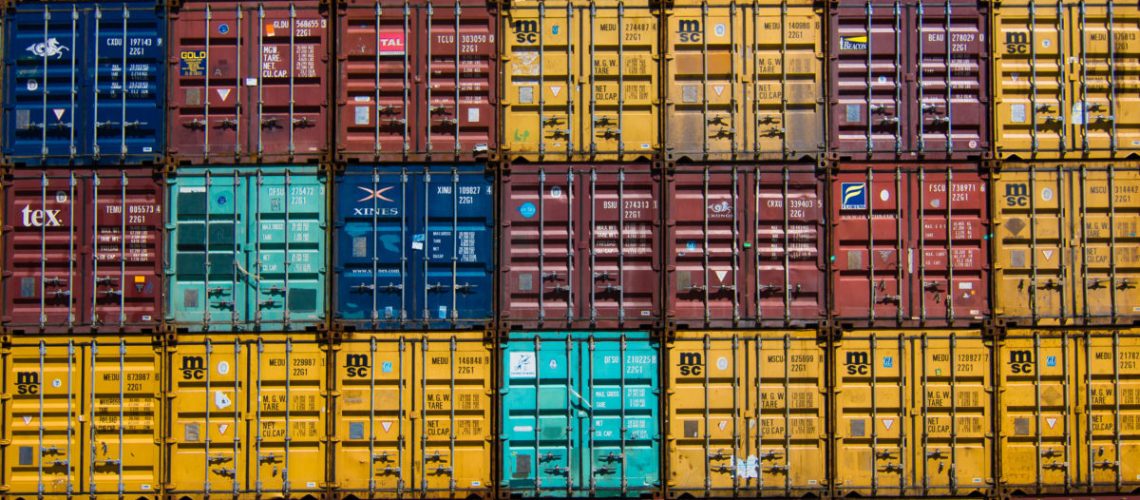An industry note from Roth Capital partners said the panels were released for entry to the U.S. market.
An industry note from Phil Shen, managing director, Roth Capital Partners said that Longi solar panels made with OCI Polysilicon have been released from U.S. Customs and Border Patrol (CBP).
Last month, five major suppliers, including BYD, Longi, Canadian Solar, Trina Solar and New East Solar were found in violation of anti-dumping and countervailing duty (AD/CVD) laws. The ruling means that these companies would have to pay tariffs on the circumvented goods to enter the U.S. market or find other pathways to compliance.
Past records of solar AD/CVD tariffs have shown that the fee can be as high as 50% to 250% of the cost of shipped goods. However, the tariffs will not apply until June 2024, when President Biden’s two-year pause lifts.
The note from Roth suggests that Longi panels made from OCI polysilicon are found not to be in violation of circumventing tariffs. Roth said that initial volumes released are limited, and that the move by CBP is an “initial release.”
It said that it may still take about four to eight months to have OCI polysilicon modules flowing smoothly into the U.S.
In an industry note, Clean Energy Associates (CEA) said there are multiple pathways to continue to export to the U.S. duty free:
- Use a non-China wafer to make the cells
- Use no more than two named bill of materials components (backsheets, glass, silver paste, EVA, junction boxes, aluminum frames) from China
- Be found not to be circumventing duties
CEA said that most suppliers will find it relatively easy to switch bill of material supply chains under the “no more than two” rule. As a result, CEA said it is likely module supply from Southeast Asia will continue, though some suppliers will likely have to adjust their supply chains to continue to enter the U.S. duty-free.
However, for cells exported directly to the U.S., it is more challenging to avoid duties. These suppliers will not be able to take advantage of the “no more than two” ruling.
“This limits the already scarce potential available supply of cells for U.S. module manufacturers, including the many module factories which have been announced and/or are under construction,” said CEA.



